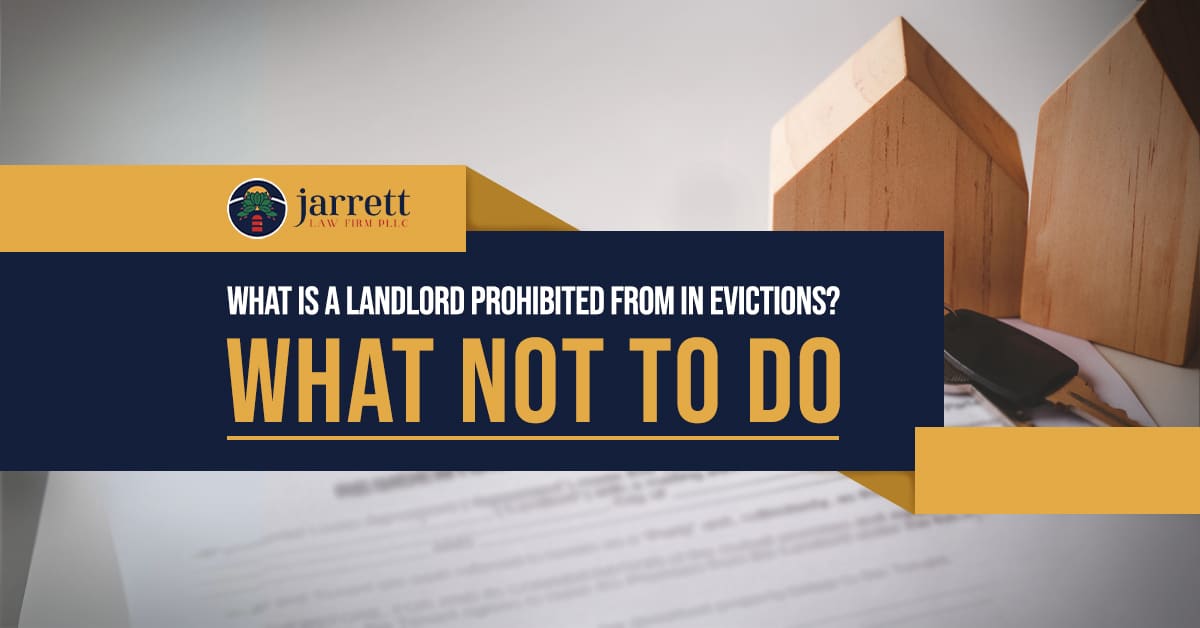Far-reaching H-2A worker protections coming soon – Technologist
The U.S. Department of Labor (DOL) has adopted a final rule, Improving Protections for Workers in Temporary Agricultural Employment in the United States (Farmworker Protection Rule) that will significantly impact employers that use the H-2A program for temporary agricultural employment. Here are some of the key aspects of the new rule:
Effective date: June 28, 2024. However, the portions of the rule that impact labor certifications (including job offers) will only apply to new applications submitted on or after August 29, 2024.
Applicability: H-2A workers and other workers engaging in corresponding employment, i.e., any work performed for the employer that is included in the Employment and Training Administration (ETA)-approved job order or any agricultural work done by H-2A workers during the period of the job order.
Expanded retaliation protections: Retaliation is prohibited when workers file a complaint about the employer’s H-2A compliance, testify in those proceedings, get legal advice about H-2A protections, consult with a key service provider (e.g., healthcare, community, education, legal, governmental, religious, law enforcement, and any other similar service provider) about the H-2A program, exercise an H-2A right, or get involved in any other proceeding that deals with state or federal law.
Protections for organizing and concerted activities: Even though the National Labor Relations Act (NLRA) doesn’t apply to workers engaged in agriculture as defined in the Fair Labor Standards Act, the new rule creates NLRA-like protections. The rule grants these workers the right to self-organize (e.g., form, join, or assist a labor organization), engage in concerted activities (i.e., prepare for or initiate group action or bring complaints) for the purpose of mutual aid and protection (i.e., any group action taken to improve or enforce wages or working conditions or affecting workers’ interests as employees). These activities must be allowed to take place during nonproductive time in nonwork or common areas, even when those areas are on your private property (e.g., during breaks, while being transported, and other uncompensated time in locations where workers typically gather when not working such as parking lots and worker housing). Also, rules that restrict nonwork activities during work time must be applied evenly (e.g., you can’t apply a rule prohibiting phone calls during work only to employees you suspect of engaging in organizing).
Workers can leave or refuse to attend captive audience meetings: The rule protects a worker’s right to leave or not attend any meeting where the primary purpose is to communicate the employer’s opinion regarding any protected activity. For example, it would be optional for a worker to listen to any communication that deals with employer opinions about organizing drives, unions, worker complaints about health and safety, or communication with government investigators. Meetings that deal with any other subject, such as job assignments, training, or safety instructions, can still be mandatory. Employers can have meetings where concerted and non-concerted activities are discussed, but workers must be able to leave for the concerted activity portion.
Guests must be allowed to visit H-2A worker housing: Workers will have a broad right to invite or accept virtually any individual into employer-owned worker housing. The rule specifically mentions family members, friends, key service providers, labor organizers, and others. Employers can still implement rules that restrict access to worker housing, but if those rules are challenged, employers must be prepared to show how they’re reasonable given all the facts. For example, rules that are designed to protect worker safety or allow workers to enjoy the housing and surrounding areas will generally be reasonable, e.g., no overnight guests or bringing guests into sleeping quarters if other areas are available for private conversation.
Designated representatives for interviews that might result in discipline: Like the NLRA’s “Weingarten” rights, the rule allows workers to invite a representative of their choice (e.g., a coworker, interpreter, or legal aid representative) to any investigatory interview that the worker reasonably believes might result in disciplinary action. Employers must inform the worker before the interview about its subject matter and permit the worker to have the representative upon request. If the requested representative isn’t present and available at the worksite, they must be allowed to attend remotely, e.g., via phone, and a reasonable amount of time must be given for the representative to attend. What amount of time is reasonable will be judged by the DOL, but factors such as the location of the representative, availability of phone service, and the time-sensitive nature of the issue will be relevant.
Termination for cause significantly limited: For years, employers who terminated H-2A workers without cause have had to pay the worker their three-fourths guarantee under the contract, provide housing and meals until the worker leaves, and provide outbound transportation. For U.S. workers who aren’t terminated “for cause,” the employer also must offer them a job the following year. The new rule establishes a strict test to determine whether a termination is for cause. For a termination to be considered for cause, it must be justified and reasonable, meaning: (1) The worker has been informed, in a language they understand, of the reasonable policy, rule, or performance expectation; given a chance to present counter-evidence; given adequate instruction and time to correct the issue; and given documentation of the infraction within one week of discipline; (2) Compliance with the expectation is within the worker’s control (e.g., appropriate tools are provided, the crop is ready for harvest, and performance is evaluated on a per-worker rather than a per-crew basis); (3) The expectation is reasonable (e.g., related to safety, health, legal, or business interests) and applied consistently to the employer’s H-2A workers and workers in corresponding employment; (4) The employer undertakes a fair and objective investigation into the job performance or misconduct; and (5) The employer corrects the worker’s performance or behavior using progressive discipline (e.g., verbal warning for a first offense, written warning for a second offense, etc.), unless the worker has engaged in egregious misconduct (i.e., behavior that intentionally or recklessly violates the law, poses imminent danger, or a reasonable person would consider outrageous such as severe sexual or racial harassment or destruction of property).
Productivity standards disclosed in job offer: Employers must disclose any productivity standards in the job offer, e.g., a requirement that workers must pick at least three crates of fruit per hour. Also, you can’t rely on a failure to meet a productivity standard as a reason to terminate someone for cause unless the standard is disclosed in the written job offer and it is reasonable under the circumstances.
Seatbelts mandatory when required by DOT rules for vehicle: If a vehicle was manufactured with seatbelts, you must maintain the seatbelts in good working order and require workers to use them. The Department of Transportation (DOT) publishes a list of vehicles with effective dates for when they were required to be manufactured with seatbelts.
Rates of pay: The Adverse Effect Wage Rates (AEWRs) will be effective immediately when published in the Federal Register. (The AEWR is the minimum wage rate that the DOL requires employers to pay to H-2A workers to ensure that U.S. workers’ wages in similar occupations aren’t adversely affected by foreign labor.) The rates you pay to workers, including piece rates, prevailing wages, and any overtime, must be disclosed to workers and put in the job order.
Immigration or travel document withholding: Employers have never been allowed to withhold immigration or travel documents such as passports, and the new rule adds a requirement that if you voluntarily agree to hold them for safekeeping, you must give workers ready access to them.
Delayed start dates: The rule adds new requirements for delays of up to 14 calendar days of a worker’s start date for unforeseen circumstances where the agricultural commodities would be in jeopardy without the delay. In those situations, the employer must notify the state workforce agency and workers 10 business days before the original start date. If this notice isn’t provided, employers must pay workers the rate in the job order for each hour of the offered schedule for up to 14 calendar days, provide housing, and comply with any other requirements of the H-2A application.
Side agreements barred: Workers can’t be asked to sign other agreements relating to their rights under the H-2A program such as arbitration agreements or waivers of terms and conditions of employment that weren’t disclosed in the job order.
Tips: H-2A compliance is generally outside the scope of Vigilant Law Group’s services, but given this rule’s breadth, we wanted to provide some basic information for Vigilant members that employ H-2A workers. Additional guidance is available on the DOL’s webpage for the farmworker rule. If you haven’t already connected with the consultant or organization that helps you comply with H-2A requirements about this rule, we recommend doing so as soon as possible to discuss the many changes you may need to make to your processes.



